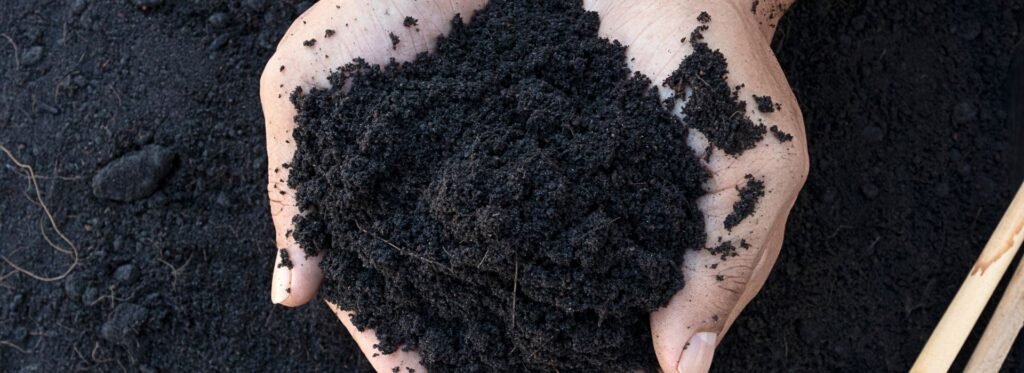
- Leave a review
- Bookmark
- Share
- Report
- prev
- next
Description
World Soil Day, observed on December 5th each year, is a global celebration dedicated to raising awareness about the critical role soil plays in supporting life on Earth. From ensuring food security to maintaining biodiversity, soil is an essential resource that sustains ecosystems and human communities. This day serves as a reminder to protect and preserve our soils for future generations
History
World Soil Day, observed annually on December 5th, was officially recognized by the United Nations in 2013, but its origins go back further. The concept of celebrating World Soil Day was first proposed by the International Union of Soil Sciences (IUSS) in 2002. The date was chosen to coincide with the birthday of King Bhumibol Adulyadej of Thailand, who was a strong advocate for soil conservation and sustainable land management practices. His work in promoting soil preservation in Thailand and beyond played a pivotal role in the establishment of this global observance.
In 2013, the United Nations General Assembly officially endorsed World Soil Day, recognizing the importance of soil health and the need for global awareness on soil-related issues. The decision was supported by the Food and Agriculture Organization (FAO), aligning the day with the UN’s broader goals of promoting sustainable development and environmental protection.
World Soil Day aims to highlight the importance of healthy soils and their critical role in food security, ecosystem services, and climate change mitigation. It is a day to raise awareness about the dangers of soil degradation, including erosion, pollution, and overuse, and to encourage responsible land management practices to safeguard the planet’s soil resources for future generations.
How To Celebrate
- Educate Yourself and Others: Share informative content on social media, write blog posts, or participate in webinars focused on soil conservation and sustainable land management.
- Support Sustainable Agriculture: Learn about and promote farming practices that improve soil health, such as organic farming, agroforestry, and crop rotation.
- Participate in Soil Restoration Projects: Volunteer for local community efforts to restore degraded soils, plant trees, or build soil-friendly gardens.
- Advocate for Soil Policies: Support policies and initiatives that protect soil resources, including funding for soil conservation programs and sustainable agricultural practices.
- Use Eco-Friendly Products: Choose products that support soil health, such as organic fertilizers, compost, and sustainable gardening tools.
Amazing Facts
- Soil is Vital for Life: Approximately 95% of the food we eat comes from soils. Without healthy soil, we would face serious food security challenges.
- Soil Erosion is a Major Threat: Every year, around 24 billion tons of fertile soil are lost to erosion, putting a strain on agricultural productivity.
- Soil Acts as a Carbon Sink: Healthy soils help sequester carbon, playing a critical role in mitigating climate change.
- Soil Biodiversity Matters: Soil is home to a diverse range of organisms, including bacteria, fungi, and earthworms, all of which contribute to soil fertility and ecosystem health.
Why We Love
- Educate Yourself and Others: Share information on social media, participate in webinars, or host discussions about soil health and its impact on food security, climate change, and biodiversity.
- Support Sustainable Agriculture: Promote and practice sustainable farming techniques like crop rotation, organic farming, and agroforestry, which help protect soil quality.
- Volunteer for Soil Restoration Projects: Join local community groups working on soil conservation projects, such as planting trees, creating urban gardens, or restoring degraded land.
- Advocate for Soil-Friendly Policies: Support or lobby for government policies that focus on sustainable land management, soil protection, and sustainable agriculture.
- Engage in Soil Education for Kids: Organize educational events in schools or communities, teaching children about the importance of soil and how they can help protect it in their everyday lives.
- Practice Eco-Friendly Gardening: Start a garden using organic soil amendments like compost, which help improve soil health and reduce environmental impact.
Faq's
Soil conservation helps maintain soil fertility, reduce erosion, protect water resources, and enhance agricultural productivity, contributing to sustainable development.
Common threats to soil include erosion, pollution, deforestation, overuse of chemicals, and unsustainable farming practices that degrade soil quality.
You can celebrate World Soil Day by spreading awareness, volunteering in soil conservation projects, supporting sustainable farming, and learning more about soil health.
Soil is essential for food production, biodiversity, water filtration, and climate regulation. It also supports plant life, which is necessary for all terrestrial ecosystems.
Event starts in
-
295
Days -
21
Hours -
36
Minutes

Add a review